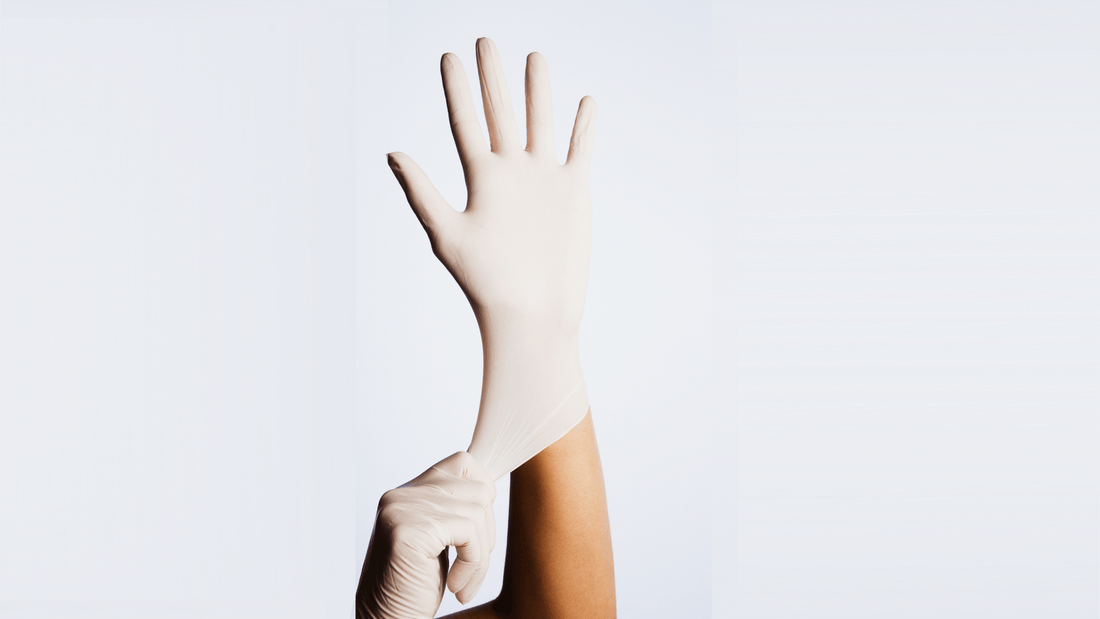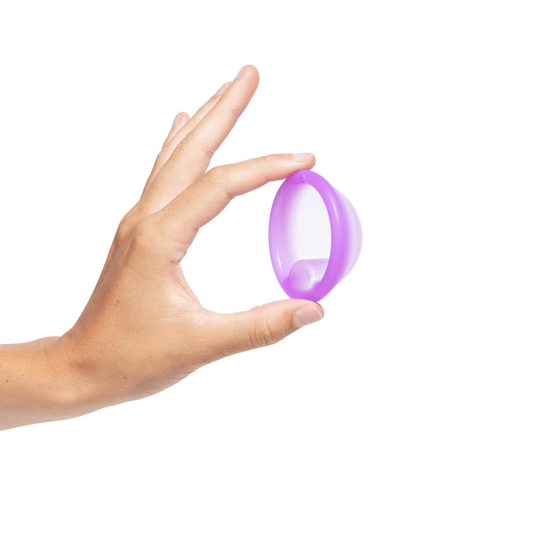
Can you get a pap smear on your period?
Share
Can you get a pap smear on your period?
It's not ideal, but you still can get a pap smear on your period. It is better to get one if you're not menstruating. The presence of blood may alter the accuracy of your results.
Check with your OB-GYN to make sure if he/she can account for the results.
What is a pap smear?
A pap smear is a test that can help detect cervical cancer. Cervical cancer screening. It involves taking a sample of cells from the cervix to be examined in a lab.
The best time to get one is during your regular pelvic exam. According to the Office on Women's Health, you should have this done every 3 to 5 years.
In some cases, your doctor may order that the pap smear test also be tested for HPV test or human papillomavirus. Most HPV infections resolve on their own, but severe cases may lead to cervical cancer within 1 to 2 years in some women.
That's why it's important to make sure you get a pap test regularly.
Should I cancel my gynecologist appointment if I have my period?
Unfortunately you can't reschedule your period. Call your doctor and see if they will perform the pap test while you're menstruating. If they won't, you can reschedule your appointment.
How is a pap smear on your period?
During a pap smear on your period, the health care professional will collect a sample of cells from your cervix.
The main difference between getting a pap smear on your period and any other time is that the blood can make it difficult to get an accurate sample.
However, if you're having symptoms like abnormal bleeding or discharge, it's still important to get a pap smear even if you're menstruating.
Being on your period doesn't change the way a pap smear is done.
Are the pap smear results accurate if you're on your period?
Getting a pap smear done on your period may still get accurate results, but there is a risk of false-negative results.
If you can, try to reschedule between 9 and 20 days after your period starts.
Other things that could alter your pap smear test results include douching, using vaginal hygiene products, and having sex.
How to prepare for a pap smear if you're on your period
If your doctor is okay with performing the pap test when you're menstruating, consider wearing pads or period underwear instead before and during your appointment.
What happens during a Pap test?
Unlike pelvic examinations, you may need to sit on the table and put your feet into a stirrup. Your doctor will then insert the speculum through the vagina, so they are more likely to view and analyze upper cervix. These samples are sent for testing at laboratories for various diseases.
These abnormal cells may require resuscitation or another test to determine the presence of a cervical tumor. Mild discomfort, bleeding or cramping should occur during Pap smears.
Things to look out for after Pap Smear
Light bleeding and spotting can occur immediately after screening. Sometimes, affecting symptoms are visible following a pap test, this includes intense bleeding or pain in the chest, long-lasting bleeding not concurrent with a menstrual cycle, amongst others.
If any concerning symptoms appear after your visit, please contact your physician. Always talk to your health professional first to get an assessment of what is happening.
What is Colposcopy?
If the results of your Pap smear tests are abnormal, a colposcopy procedure may be recommended by your doctor. The doctor may use a light microscope and magnifier for more detailed examinations of the abnormal spots of the cervix. In such an area your medical practitioner will conduct a biopsy to check whether a tumor can be detected. All cells removed can be taken to a lab to be tested. The biopsy results for cervical cancer testing are available for as little as two weeks, but a doctor could be able to tell you if there are abnormalities around the cervix when you receive a biopsy.








